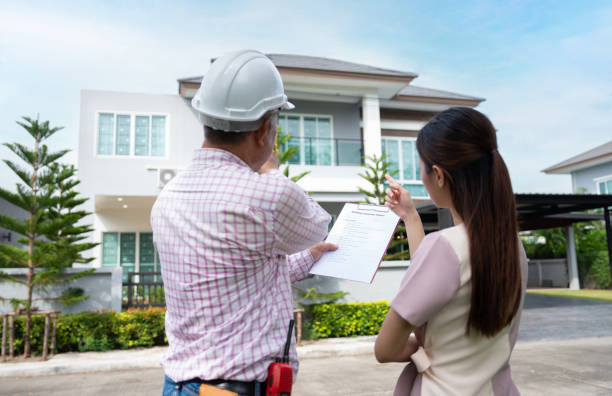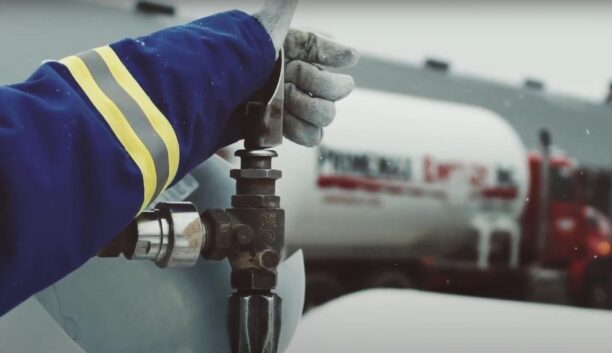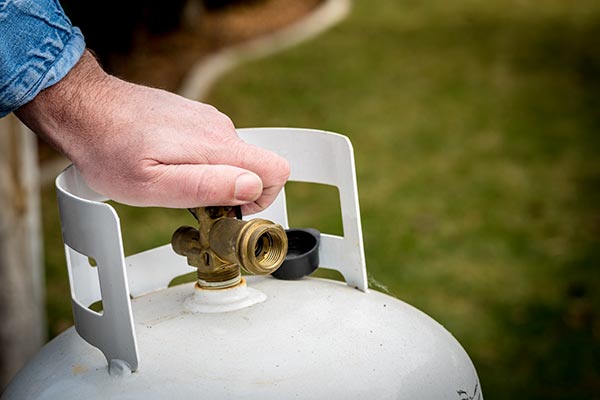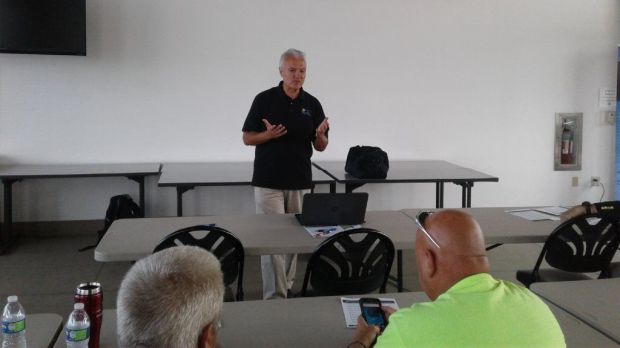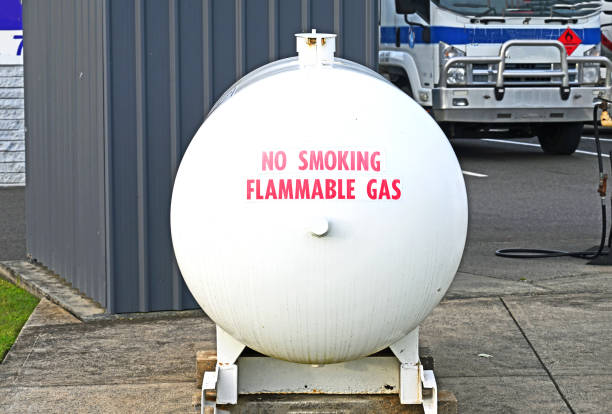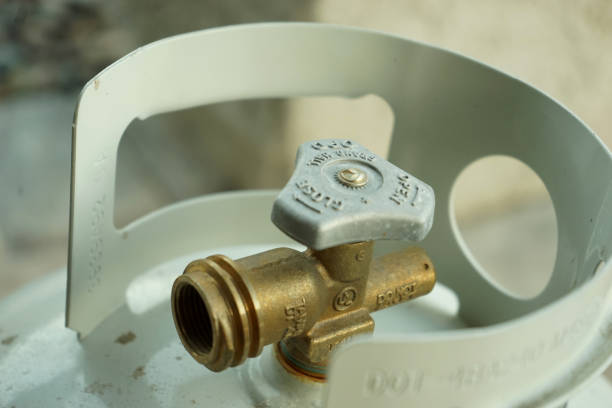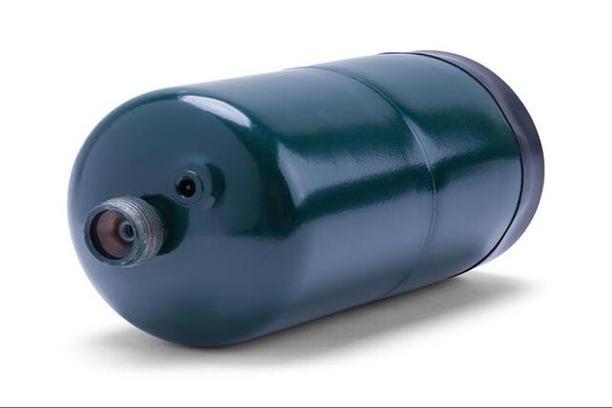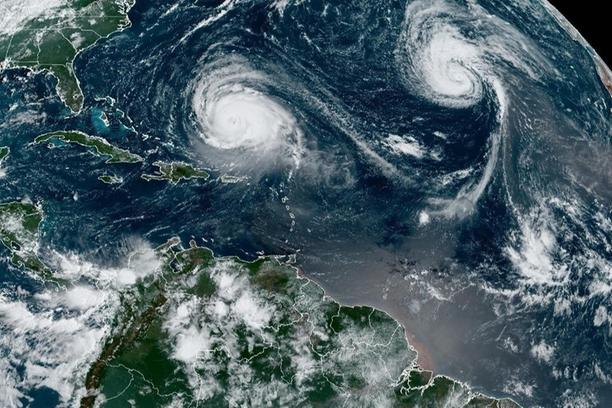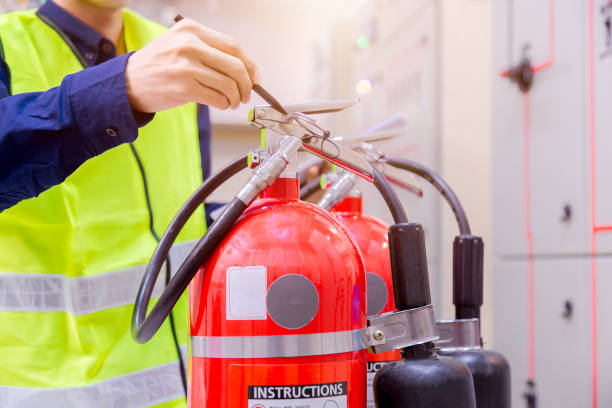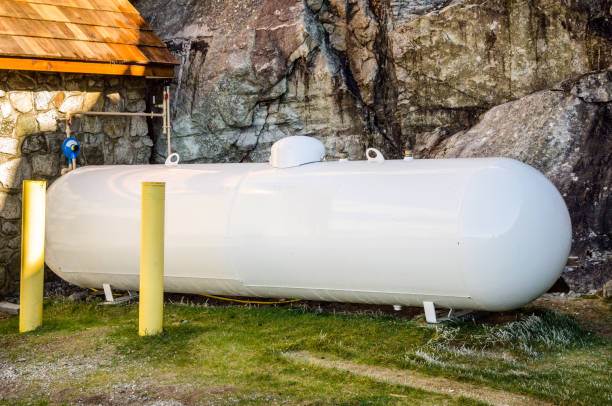Attracting First-Time Home Buyers to Your Propane Services
Buying a home for the first time is an exciting but overwhelming experience. Many first-time home buyers are unfamiliar with propane services and may not know where to start when setting up their fuel supply. This presents a great opportunity for propane businesses to build relationships with new homeowners and establish long-term customers. By reaching… Continue reading Attracting First-Time Home Buyers to Your Propane Services

